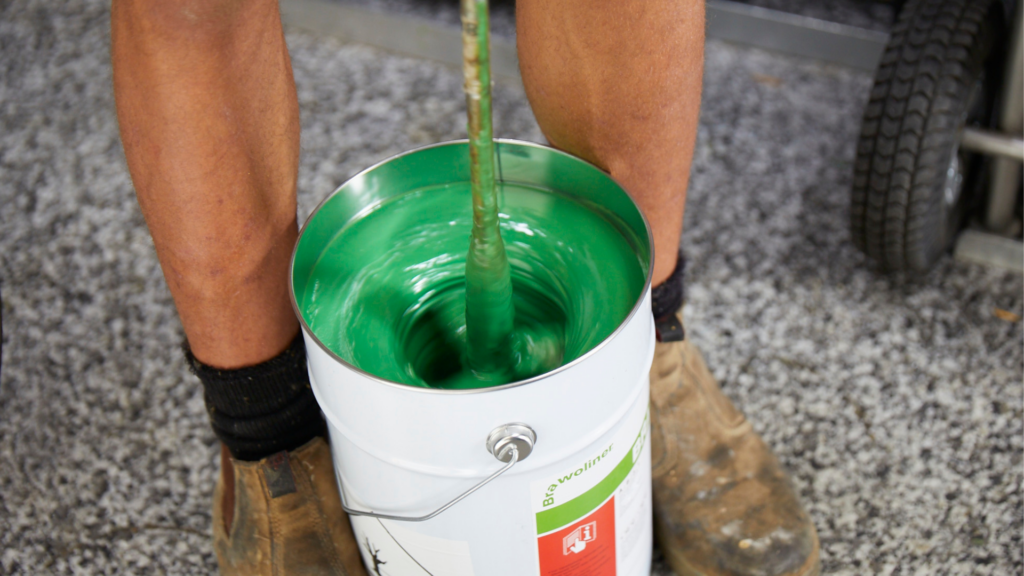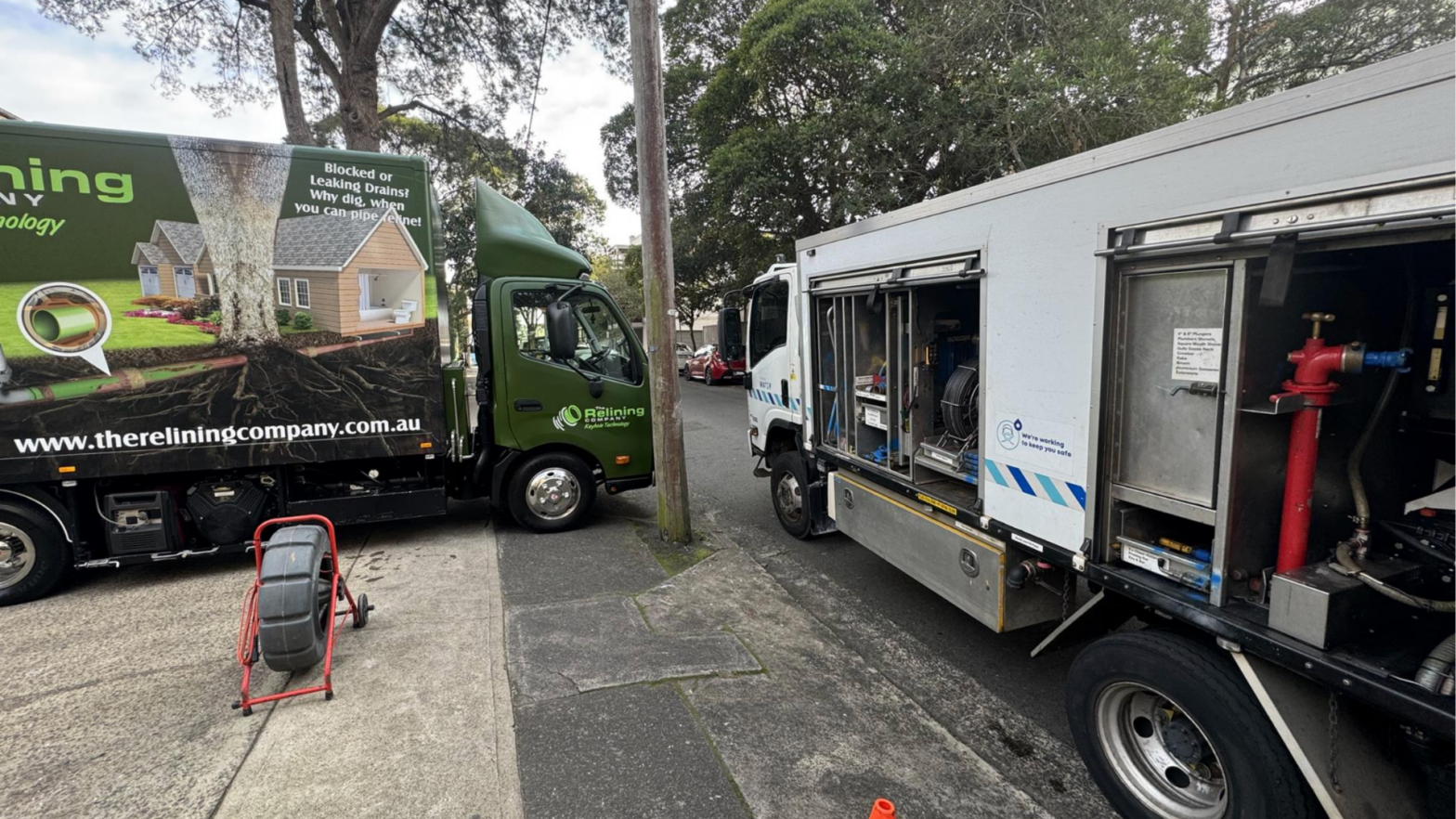When you turn on your kitchen tap, you assume the water is safe to drink. After all, our drinking water goes through a rigorous treatment process, with regular testing by authorities to ensure its safety.
But what about when water runs from the main line through your home’s piping system? Ever wonder what’s going on inside the pipes that you can’t see? We’re here to tell you, the quality of the water you drink is only as healthy as your pipes.
From rusty metal plumbing with a build-up of dirt and gunk to fittings leaching heavy metals, here’s why you really should care about the impact your pipes are having on the quality of the water you drink and what you can do to ensure your drinking water is safe.
How Pipe Materials Affect Water Quality
The materials used in your water pipes can affect the quality of the water. Here are some of the most common materials and the impact they can have on drinking water.

Plastic Pipes
When we say plastic pipes, we’re talking about piping made of polyethylene, polyurethane and polypropylene. Most modern water pipes are made of these products because they are considered safe and are not subject to corrosion over time.
However, plastic pipes are susceptible to health risks as they can allow volatile organic compounds (VOC) to enter your plumbing system. These pipes leave you at risk of contamination because solvents, petroleum products and pesticides can leach through the plastic and into your water supply.
Copper Pipes
Copper pipes are still commonly used in Australian households. Unfortunately, the effects of this heavy metal in drinking water can be extremely hazardous. Short-term exposure to high levels and long-term exposure are both damaging.
The amount of copper released into the water supply depends on conditions such as the acidity of the water, how long it’s been sitting in the pipe and the temperature. High levels of copper in drinking water can leave a metallic or unpleasant bitter taste, which means it’s not safe to consume.
Lead Pipes
While not commonly used in Australia anymore, lead is commonly found in brass fittings and lead-based solders. Similarly to copper, trace amounts of lead can leach into drinking water, which is particularly dangerous for pregnant women and children.
Pipes that have begun to deteriorate or corrode are more likely to release metals in the water supply and pose a severe health risk.
Galvanised Wrought Iron Pipes
If you live in a home that was built before 1970, you may have galvanised wrought iron pipes. You can easily identify them because they are grey in colour.
When pipe corrosion occurs, water will turn a rust colour and can taste unpleasant. Areas with soft water that’s low in calcium and magnesium are particularly susceptible to this problem.
Common Contaminants from Pipes
If your water supply has a bad taste or smell, is an unusual colour or has stained bathtubs or sinks, it’s a sure sign that your pipes are leaching metals or are affected by corrosion, bacteria or pollutants.
Your plumber can help you identify the source of the problem and give you advice on how best to fix it.
As well as metals leaching from the above common piping materials, other common contaminants from pipes include:
- Metals such as chromium, nickel and cadmium from plumbing products
- Bacteria and viruses such as E.coli
- Pollutants from the environment such as pesticides
Plastic V Metal Pipes: Which is Better?
Metal pipes were once widely used in Australian homes to carry water. However, advances in technology mean they are slowly being replaced with superior-technology plastic pipes. This is for a few reasons.
While metal pipes are durable and resistant to high pressures and temperatures, they are prone to corrosion over time. Because they are not as smooth as plastic pipes, sediment can rapidly accumulate, affecting water pressure and causing blockages, and they also support more bacterial growth.

While some homeowners still choose to install copper for its aesthetic appeal, even copper isn’t risk-free when it comes to health concerns.
The best way to ensure the quality of the water that runs through your home is to keep your plumbing system well-maintained.
Pipe Maintenance for Better Water Quality
It’s recommended to use only cold water for drinking, cooking and food preparation to reduce exposure to heavy metals in drinking water. You could also install a water filtration system for your drinking and cooking needs. Water filters can help get rid of heavy metals, VOC, and bacteria, as well as chemicals like chlorine, making your water safe to drink and better tasting.
Boiling your water won’t remove minerals as lead, calcium, sodium and magnesium remain stable at high temperatures. While boiling water can kill harmful bacteria, it can also increase the concentration of minerals.
The next best measure to ensure your family isn’t consuming heavy metals is to regularly flush your plumbing system. You can do this by running drinking water taps for 10 seconds each morning and up to 2 minutes if they haven’t been used for several days. You should also remove aerators and flow restrictors from outlets every few months to clean sediment and remove any metal particles caught in them.
Finally, regular drain camera inspections of plumbing systems can help identify damage, corrosion and other plumbing issues that are likely to compromise the quality of your drinking water.
Not Sure About Your Water Health? Our plumbers can help!
Australians are fortunate to have access to drinking water that meets the highest standards. However, the quality of that water is only guaranteed up until the point that it enters your home. From that point on, it’s up to the homeowner to ensure the plumbing system isn’t causing water contamination.
Choosing the right piping material and conducting regular maintenance can ensure the water that’s coming from your tap is as pure as possible. The Relining Company can help you see what’s going on inside your pipes with our drain camera inspection service, identifying any issues that may turn into expensive problems and seeing any damage like corrosion that’s affecting the health of your drinking water.
Call us today on 0488 885 166 and make your house as healthy as can be.
Back to Top